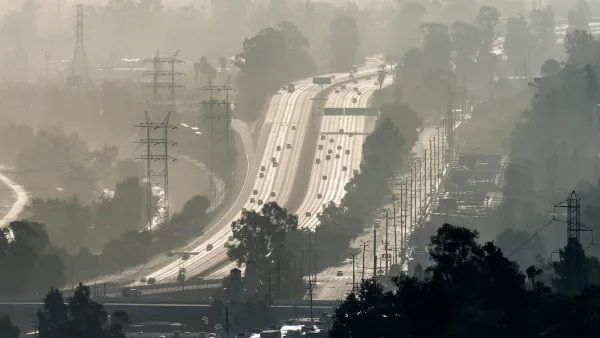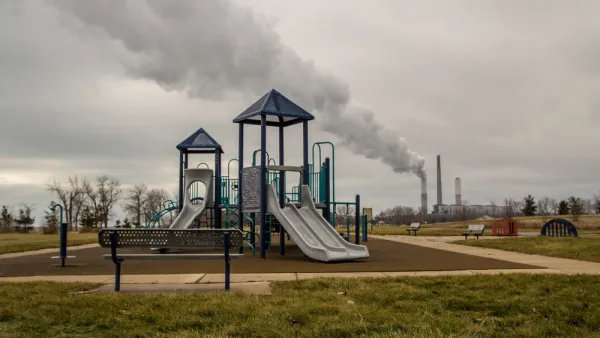Pittsburgh, Pennsylvania took the dramatic step of officially declaring racism a public health threat. Public policy has yet to mitigate the city's worsening air quality, however.

The Pittsburgh City Council voted in December 2019 to declare racism a public health crisis, led by councilmembers Ricky Burgess and R. Daniel Lavelle.
As noted in an article by Brentin Mock, the city's track record of environmental justice has faced criticism from two recent reports: "One was a Columbia Journalism Review report, published in October by Thomas Jefferson University media professor Letrell Deshan Crittenden, entitled [sic] 'The Pittsburgh problem: race, media and everyday life in the Steel City.' The other was a study released in September on gender and race inequality, which found Pittsburgh was statistically among the worst cities for African Americans to live in, particularly for black women."
Mock provides more background on the issues of pollution and race in the city, which calls into question Pittsburgh's accolades at the country's "most livable city." The vote coincidentally timed with weather that blanketed the city in smog for weeks.
According to Mock, the vote by the council followed the lead of Madison and Milwaukee, Wisconsin, the first cities to pass this kind of legislation earlier in 2019. The Pittsburgh City Council's vote, however, lacks any funding to back up words with deeds, so progress on the environmental justice challenges facing the city is still to be determined.
FULL STORY: How Racism Became a Public Health Crisis in Pittsburgh

National Parks Layoffs Will Cause Communities to Lose Billions
Thousands of essential park workers were laid off this week, just before the busy spring break season.

Retro-silient?: America’s First “Eco-burb,” The Woodlands Turns 50
A master-planned community north of Houston offers lessons on green infrastructure and resilient design, but falls short of its founder’s lofty affordability and walkability goals.

Delivering for America Plan Will Downgrade Mail Service in at Least 49.5 Percent of Zip Codes
Republican and Democrat lawmakers criticize the plan for its disproportionate negative impact on rural communities.

Test News Post 1
This is a summary

Test News Headline 46
Test for the image on the front page.

Balancing Bombs and Butterflies: How the National Guard Protects a Rare Species
The National Guard at Fort Indiantown Gap uses GIS technology and land management strategies to balance military training with conservation efforts, ensuring the survival of the rare eastern regal fritillary butterfly.
Urban Design for Planners 1: Software Tools
This six-course series explores essential urban design concepts using open source software and equips planners with the tools they need to participate fully in the urban design process.
Planning for Universal Design
Learn the tools for implementing Universal Design in planning regulations.
EMC Planning Group, Inc.
Planetizen
Planetizen
Mpact (formerly Rail~Volution)
Great Falls Development Authority, Inc.
HUDs Office of Policy Development and Research
NYU Wagner Graduate School of Public Service





























